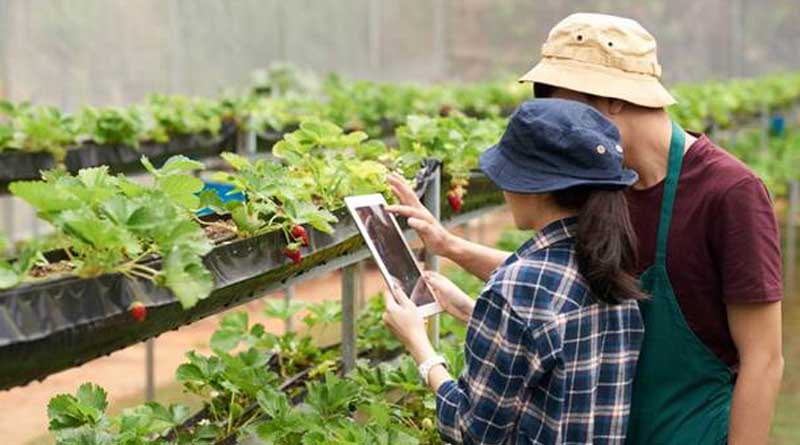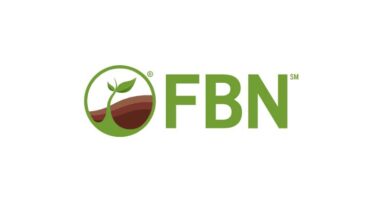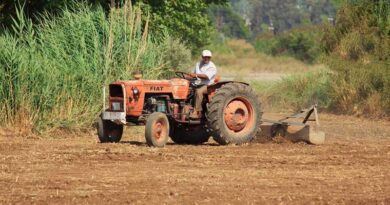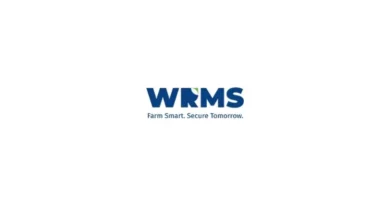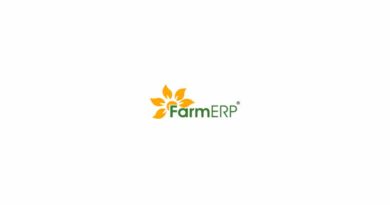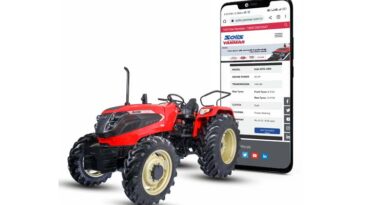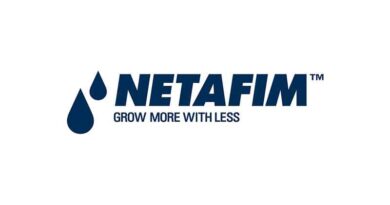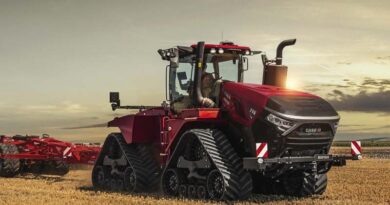Precision Farming Market Forecasted to Achieve US$ 20.36 Billion by 2032
14 March 2024, New Delhi: The precision farming market is projected to reach a valuation of US$ 6 billion in 2022, with an anticipated compound annual growth rate (CAGR) of 13% during the assessment period spanning from 2022 to 2032. By the year 2032, the global precision farming market is forecasted to achieve a value of US$ 20.36 billion.
Precision farming relies on specialized equipment, software, and information technology to gather real-time data on crops, soil, and environmental conditions. This includes hyper-local weather forecasts, labor costs, and equipment availability. Predictive analytics software utilizes this data to offer farmers guidance on crop rotation, planting schedules, harvesting periods, and soil management. Field sensors monitor soil moisture, temperature, and surrounding air conditions. Satellite and drone imagery provide real-time views of individual plants, enabling informed decisions on irrigation and crop placement.
Precision agricultural software, a form of farm management software, leverages information technology to optimize nutrient distribution for maximum crop yield. Real-time data on plant health, soil requirements, weather forecasts, and labor costs assist users in making informed decisions. Sensors, such as satellites and robotic drones, provide crucial data and images for quick decision-making on fertilizers, water, and crop protection agents.
Factors driving the growth of precision farming include the rapid integration of advanced technology, increased use of Internet of Things (IoT) devices in agriculture, significant cost savings, climate change challenges, the need to meet rising food demand, and global government support for precision farming techniques.
Market Growth Drivers
- Impact of Global Warming on Agriculture: The market is poised for growth due to the effects of global warming, which has significantly altered climatic conditions worldwide. Traditional farming methods are being challenged by these changes, making smart farming essential for adapting to evolving climates. Smart farming technologies, including crop health monitoring, harvesting management, and field mapping, empower farmers to navigate changing environmental conditions and optimize their fields for increased productivity in the face of challenges such as droughts, floods, and other natural disasters.
- Rising Integration of Smartphones in Agriculture: The increasing popularity of smartphones is driving demand for their integration into precision farming practices. Companies are developing advanced applications accessible on smartphones, enabling farmers to remotely monitor their fields. Smartphone integration provides convenient connectivity options, including Bluetooth, USB, and Wi-Fi, allowing farmers to access real-time data from anywhere. This trend is expected to contribute to market growth as technological advancements enhance farming infrastructure.
Market Constraints
High Costs of Precision Agricultural Equipment and Limited Regulations: The substantial costs associated with precision farming equipment pose a significant hindrance to market growth. Technologies such as smart sensors, drones, VRT, GPS, GNSS, and guidance tools are efficient but come with a hefty price tag. Moreover, the setup and operation of precision agricultural equipment require skilled personnel, adding to the overall investment. In countries with limited agricultural resources like India, China, and Brazil, traditional farming methods are often preferred due to the financial barriers associated with adopting technology-based farming practices. The need for specific equipment and technical expertise further limits the widespread adoption of precision irrigation technology.
Current Trends Shaping Precision Farming Market Growth
The escalating demand for climate information services, driven by their ability to assist farmers in navigating the challenges of climate change and unpredictability, stands as a key factor propelling the rapid development of the weather tracking and forecasting segment in the precision farming market.
Moreover, the increasing reliance on cloud platforms for climate services emerges as a significant driver for precision farming applications. Technologies such as weather-based controllers, rain sensors, temperature sensors, network components, water meters, and sensor-based controllers play a crucial role in irrigation management.
The surging need for water conservation, heightened food production requirements, and the imperative to reduce resource wastage collectively contribute to the growing adoption of precision instruments in irrigation management applications.
Key Companies Profiled
- John Deere & Company
- Trimble
- AGCO
- Agjunction
- Raven Industries
- AG Leader Technology
- SST Development Group
- Teejet Technologies
- Topcon Positioning Systems
- Dickey-John Corporation
- Cropmetrics
Competitive Landscape
Key players are actively engaging in awareness campaigns addressing soil degradation concerns while educating farmers about the advantages of precision farming. Advanced farms employ automated machinery to ensure consistent output yields, with farmers increasingly investing in digital solutions for enhanced security.
In January 2022, John Deere & Co. unveiled its line of autonomous tractors during the Consumer Electronics Show, marking a strategic move to expand its presence in the precision agriculture sector. This initiative aims to leverage autonomous technology for improved farming efficiency.
In April 2021, Trimble Inc. entered into a collaborative partnership with HORSCH, a prominent global agricultural technology manufacturer. The collaboration focuses on establishing the groundwork for autonomous machines and workflows in the agricultural industry. Both companies are actively implementing advanced automation and driver support through steering systems, allowing operators to perform additional in-cab tasks while engaged in field operations.
These insights are based on a report on Precision Farming Market by Fact.MR.
Also Read: No pump and no hassle with the new Demand® CS insecticide 10-gallon drum from Syngenta
(For Latest Agriculture News & Updates, follow Krishak Jagat on Google News)

